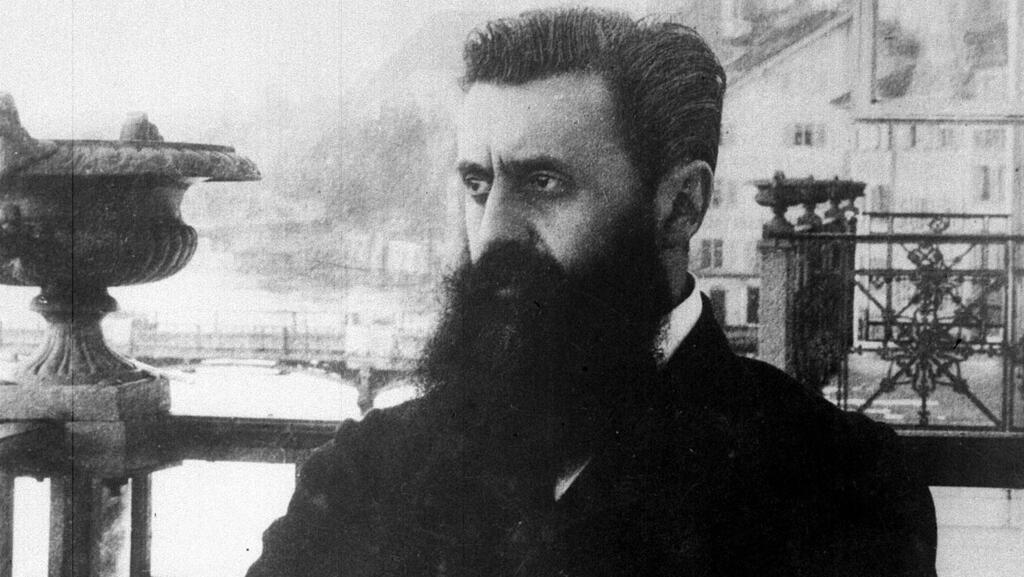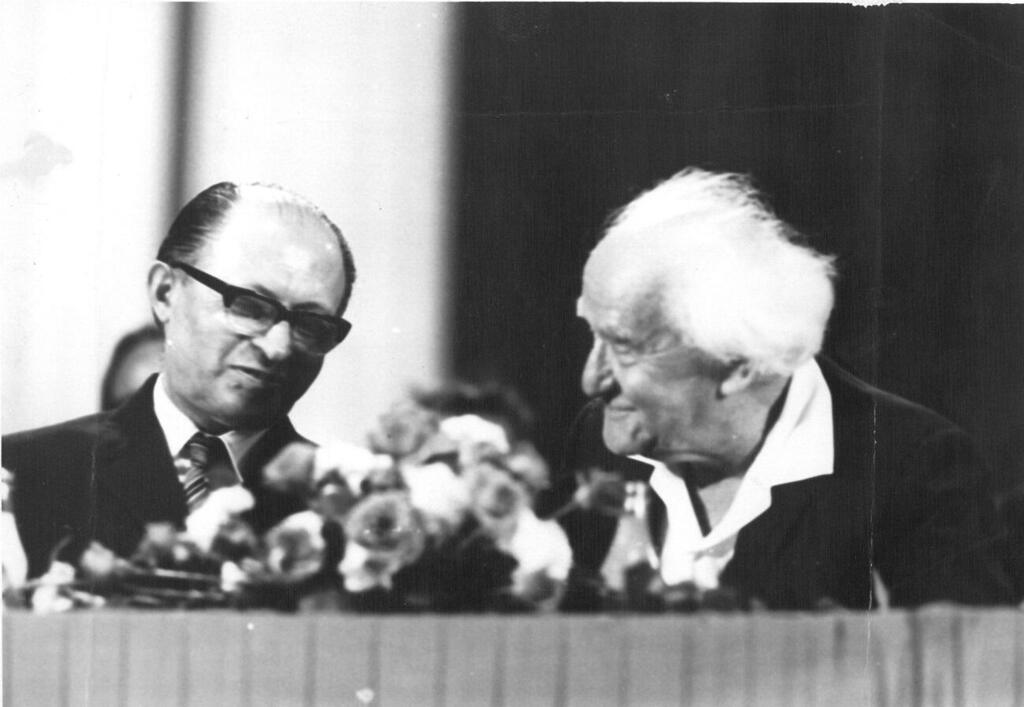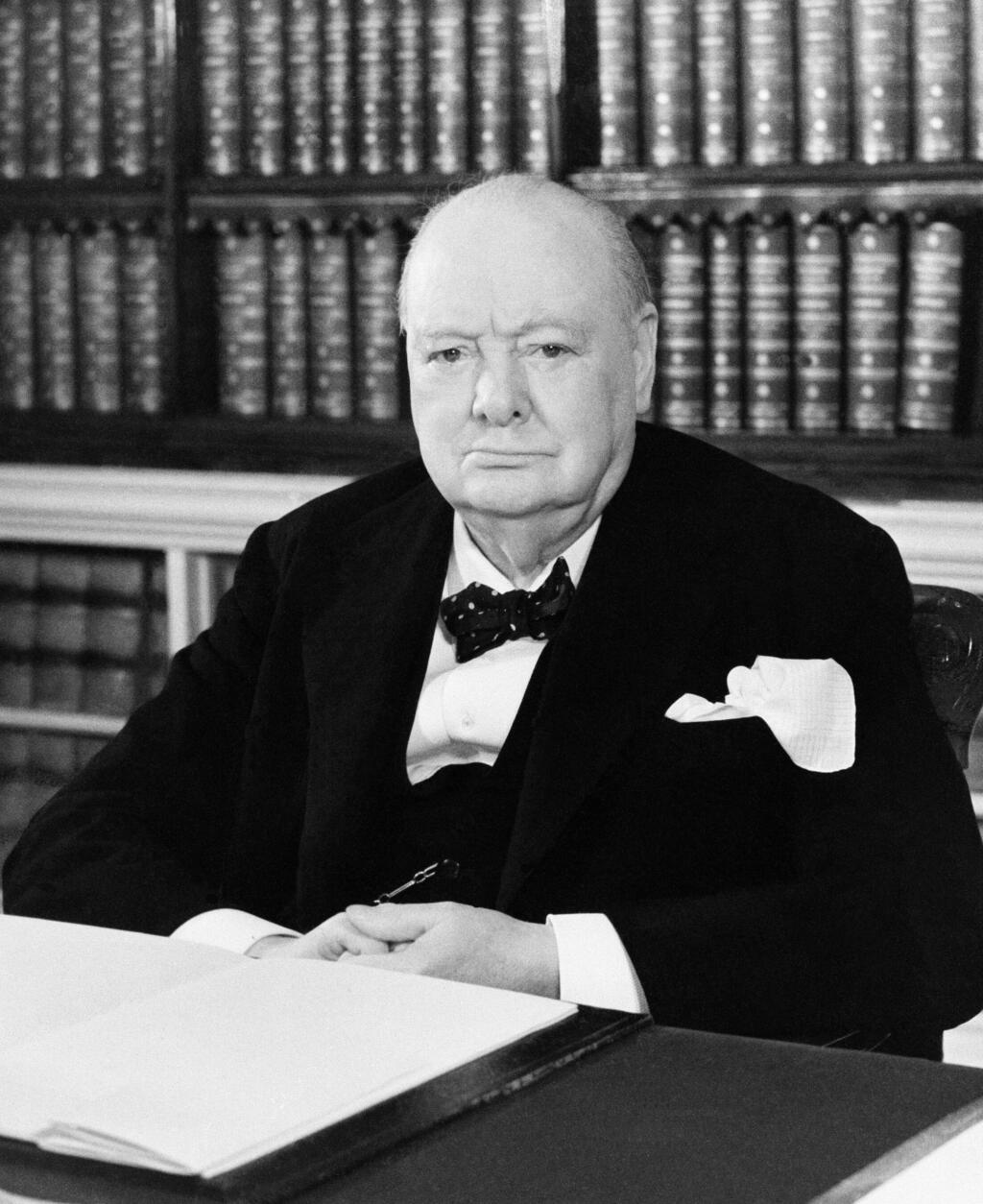Getting your Trinity Audio player ready...
In a time when heartfelt voices resonate with both concern and lament for the path Israel is walking down, a measured contemplation invites us to contextualize the current crisis within the continuous fabric of history. A glimpse into pivotal moments of Zionism's evolution suggests the present challenge, while pressing, cannot be characterized as an outlier, but rather as a more consistent feature in the Zionist ethos.
Read more:
In 1903, a mere six years after the First Zionist Congress, Israel's founding father, Theodor Herzl, floated an idea—an inquiry into the potential of a temporary settlement in Uganda. The aim was to find refuge from pogroms and test an independent Jewish existence.
Responses varied: the religious Zionists supported cautious exploration, viewing it as a provisional measure. Meanwhile, secular Zionists, hailing from Russia, vehemently opposed the idea, unable to bear the thought of abandoning the Eretz Israel. One zealot even attacked Herzl's deputy, Max Nordau. In the end, the turmoil yielded little, as the delegation assessing Uganda's settlement prospects returned with unfavorable conclusions.
In June 1933, an enigmatic assailant struck down Haim Arlosoroff, the head of the Jewish Agency's politburo—a role akin to the Yishuv's foreign minister. This tragedy unfolded amid a climate where tensions between Revisionists and Socialists frequently escalated into clashes.
David Ben-Gurion and his fellow Labor movement members initially suspected the Revisionists were behind the assassination. The motive was believed to be their opposition to Arlosoroff's proposition of an agreement with Nazi Germany—a pact that involved trading goods for the emigration of German Jews with their assets intact.
Subsequently, revelations dispelled the Revisionists' involvement, leaving the murderer unidentified. It became evident that the heavily scrutinized "transfer agreement" held a different legacy: it offered refuge to numerous German Jews, shielding them from extermination camps. Their migration, accompanied by their property, would eventually contribute significantly to the Yishuv's advancement.
By the close of 1944, emissaries acting on Ben-Gurion's behalf reached out to Menachem Begin and Nathan Yellin-Mor, leaders of the Irgun and Lehi underground paramilitary movements. Their message was clear: Persisting in antagonizing the British imperiled the very fabric of the Zionist enterprise, anchored in Britain's support.
The warning carried an ultimatum: a confrontation would ensue if they persisted. Regrettably, their response was defiant. The subsequent year, 1945, witnessed the grim reality of fratricidal conflict—dubbed "the saison." Palmach combatants pursued, apprehended and handed over Irgun members to the British.
But things changed within a few fleeting months. By the end of October 1945, the underground groups found themselves collaborating with the Palmach, rallying against British authorities.
Even in the post-statehood era, we teetered on the precipice. Ben-Gurion's proposal of a reparations agreement with West Germany in January 1952 roused strong opposition. Begin, flanked by voices from both right and left factions, issued a grave ultimatum: should Israel accept reparations from Germany, he warned, he would plunge back into the underground. This act, he contended, would dishonor the Holocaust's memory and signify a national surrender.
The agreement's endorsement, achieved amid tumultuous demonstrations and impassioned addresses, marked a turbulent chapter. Begin's dissenting stance led to his temporary suspension from the Knesset for three months. Today, the significance of those reparations for the nation's growth amid an era of austerity is widely acknowledged.
We could delve into more examples to place the current crisis in context, yet a crucial disparity sets it apart from past challenges. Previous conflicts centered on the course of Zionism, while now the struggle delves into its very identity. This distinction makes the current turmoil deeper and more menacing than we might have realized.
If you find yourself at least somewhat apprehensive about Israel's very future, you can draw some comfort from Churchill's famous saying, "Never let a good crisis go to waste", meaning that after decades of infighting over who we are, we've finally come to the point where we feel secure enough to wrestle over the "how", and that never would've happened without the current crisis unfolding with the intensity that it has.




